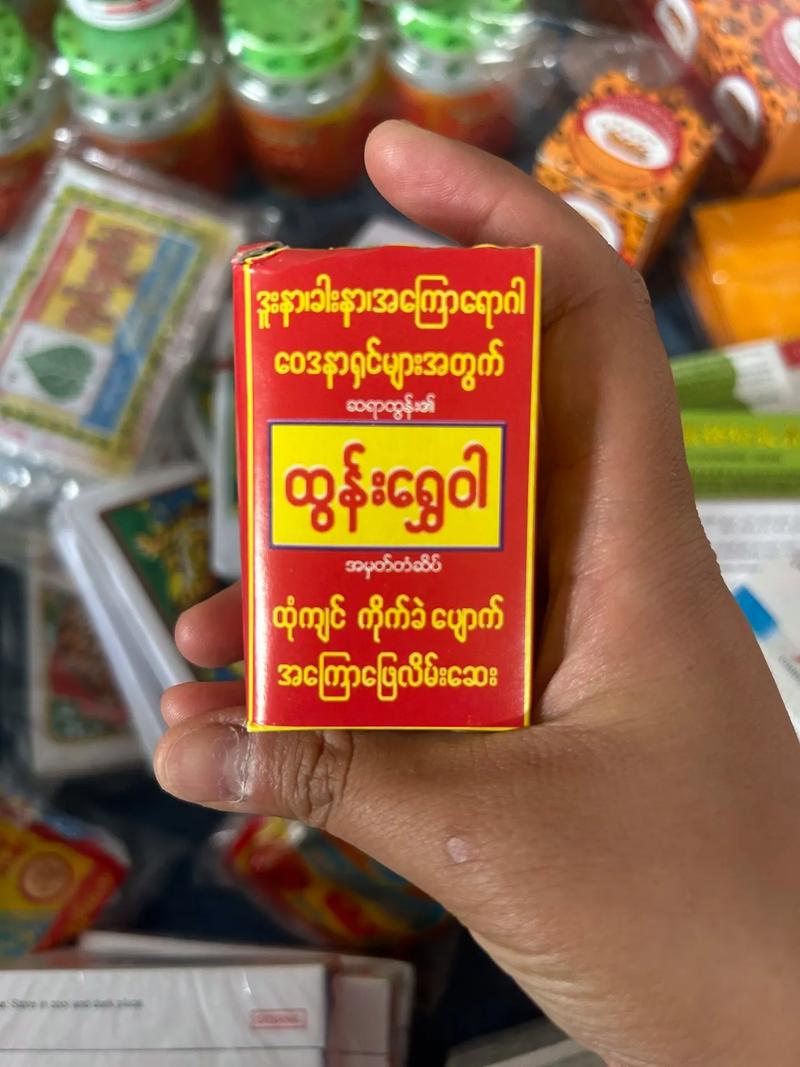
Insect Bites That Cause Blisters: A Comprehensive Guide
Dealing with insect bites can be quite an inconvenience, especially when they result in blisters. Blisters are fluid-filled sacs that form on the skin as a result of an insect bite. They can be painful, itchy, and sometimes even contagious. In this article, we will delve into the various types of insects that cause blisters, the symptoms to look out for, and the best ways to treat them.
Types of Insects That Cause Blisters
Several insects are known to cause blisters when they bite. Here are some of the most common ones:

| Insect | Description |
|---|---|
| Bees | Bees sting to defend themselves. Their stingers leave behind venom that can cause blisters. |
| Wasps | Similar to bees, wasps sting to protect their nests. Their venom can also lead to blisters. |
| Spiders | Some spiders, like the black widow and brown recluse, have venom that can cause blisters and other serious symptoms. |
| Mosquitoes | While not as common, mosquitoes can sometimes cause blisters, especially if you are allergic to their saliva. |
It’s important to note that not everyone will experience blisters from these insects. Some people may be more sensitive to their venom or saliva, while others may not have any reaction at all.
Symptoms of Blisters Caused by Insect Bites
When an insect bite causes a blister, you may notice the following symptoms:
- Pain or itching at the bite site
- A red, swollen area around the bite
- A fluid-filled blister forming on the skin
- Swelling and redness that may spread beyond the bite area
- In some cases, fever or chills
These symptoms can vary depending on the type of insect and the individual’s sensitivity to its venom or saliva.
Diagnosis and Treatment
Diagnosing blisters caused by insect bites is usually straightforward. If you have been bitten by an insect and notice the symptoms mentioned above, it is likely that you have a blister. However, if you are experiencing severe symptoms, such as difficulty breathing, swelling of the throat, or a high fever, seek medical attention immediately.

Here are some treatment options for blisters caused by insect bites:
- Keep the area clean and dry: Wash the bite site with soap and water to prevent infection. Avoid popping the blister, as this can lead to infection.
- Apply a cold compress: Placing a cold compress on the blister can help reduce swelling and pain.
- Use over-the-counter remedies: Topical antihistamines, hydrocortisone cream, or calamine lotion can help relieve itching and reduce inflammation.
- Take oral antihistamines: If you are experiencing severe itching or swelling, your doctor may prescribe oral antihistamines.
- Seek medical attention: If the blister is large, painful, or does not heal within a few days, or if you have a weakened immune system, it is important to seek medical attention.
In some cases, blisters caused by insect bites may require additional treatment, such as antibiotics for infection or antivenom for severe reactions.
Prevention Tips
Preventing insect bites is the best way to avoid blisters and other complications. Here are some tips to help you stay protected:
- Wear protective clothing: When spending time outdoors, wear long sleeves, pants, and closed-toe shoes to minimize exposure to insects.
- Use insect repellent: Apply insect repellent containing DEET, picaridin, or oil of lemon eucalyptus to your skin and clothing.
- Stay in well-lit







